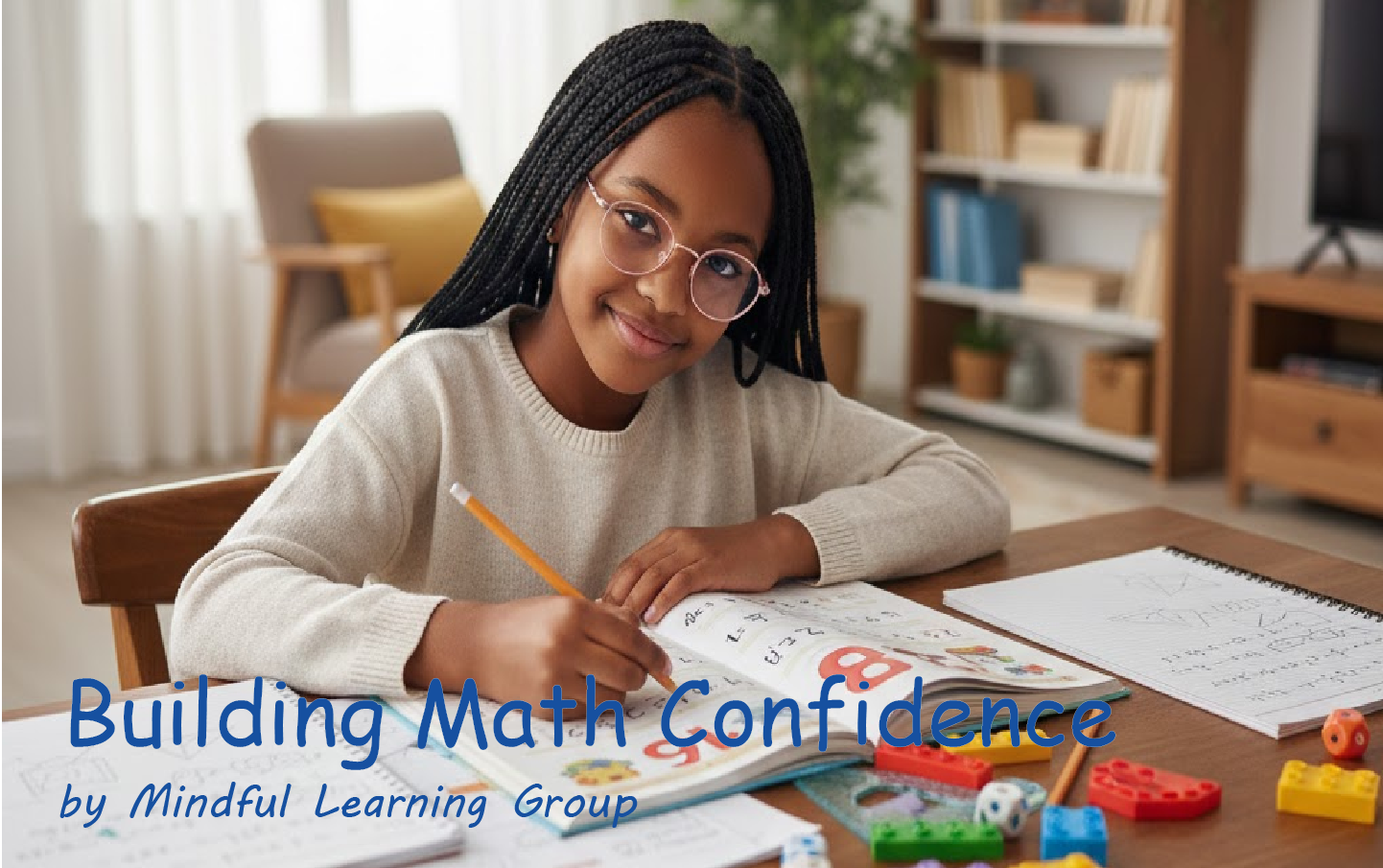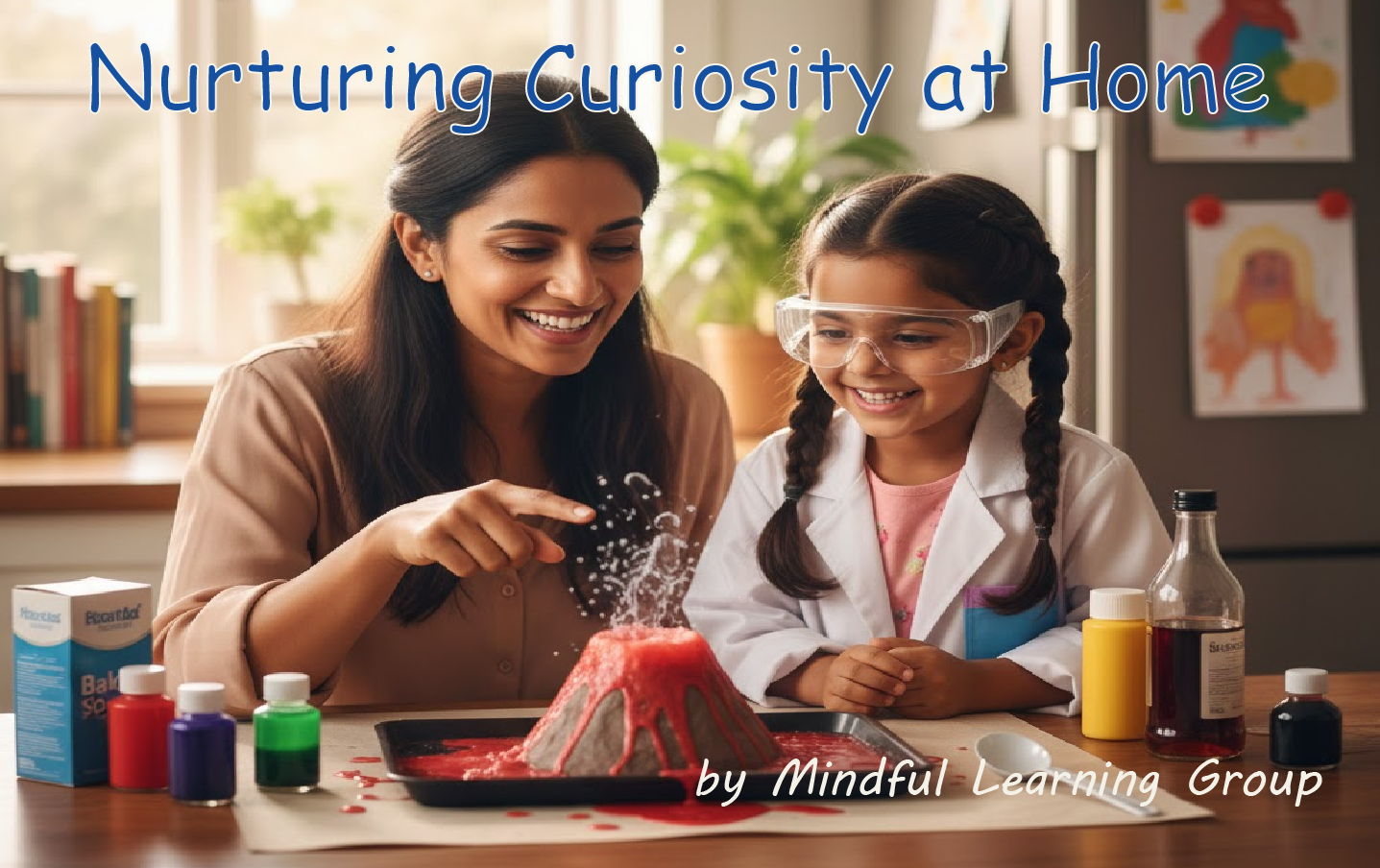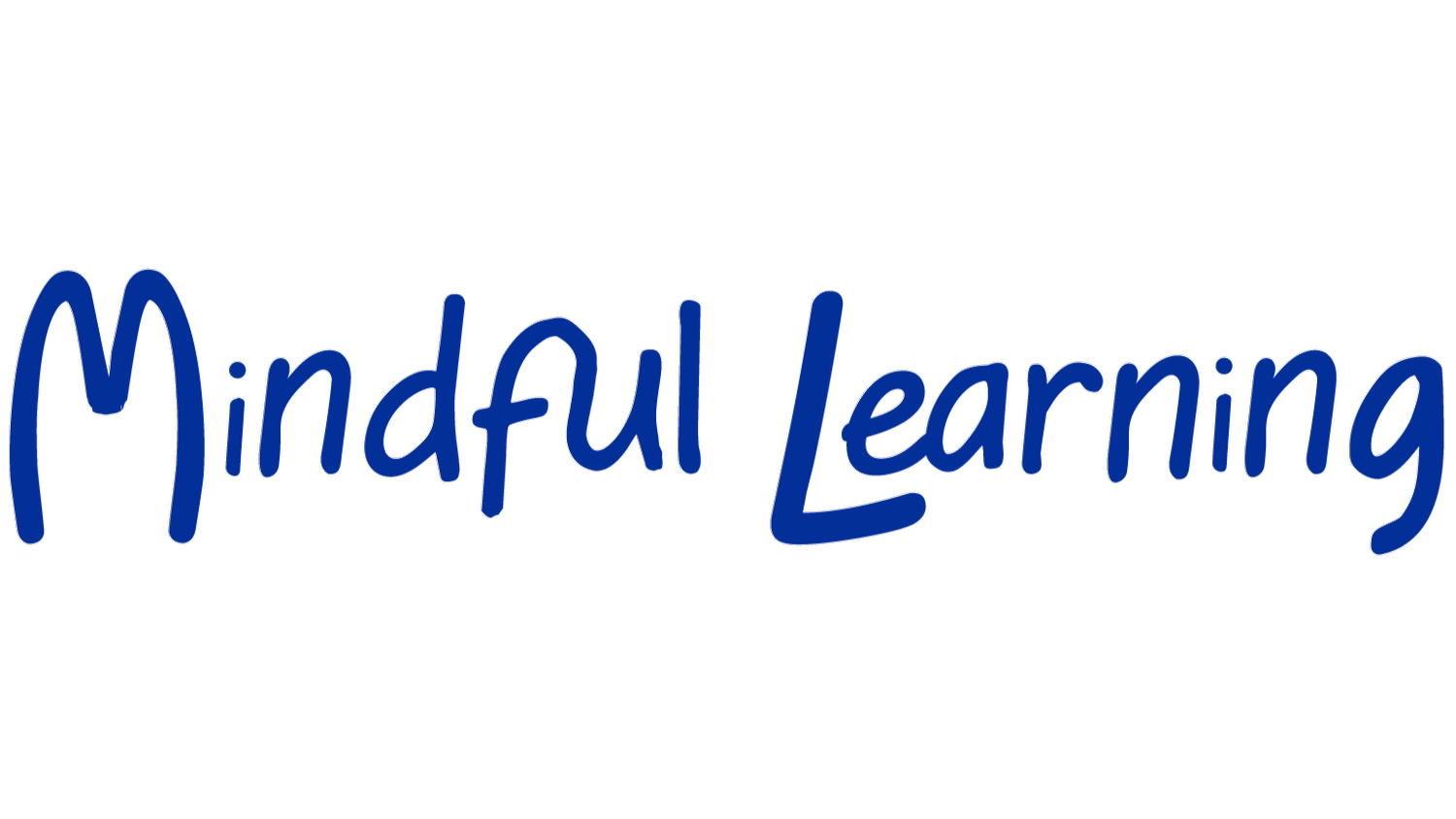
Math Confidence: Helping Students Move from Memorization to Mastery
Help your child build lasting math confidence. Dr. Annie at Mindful Learning Group shares practical ways to move beyond memorization - nurturing real understanding, curiosity, and mastery through mindful tutoring and personalized strategies.

